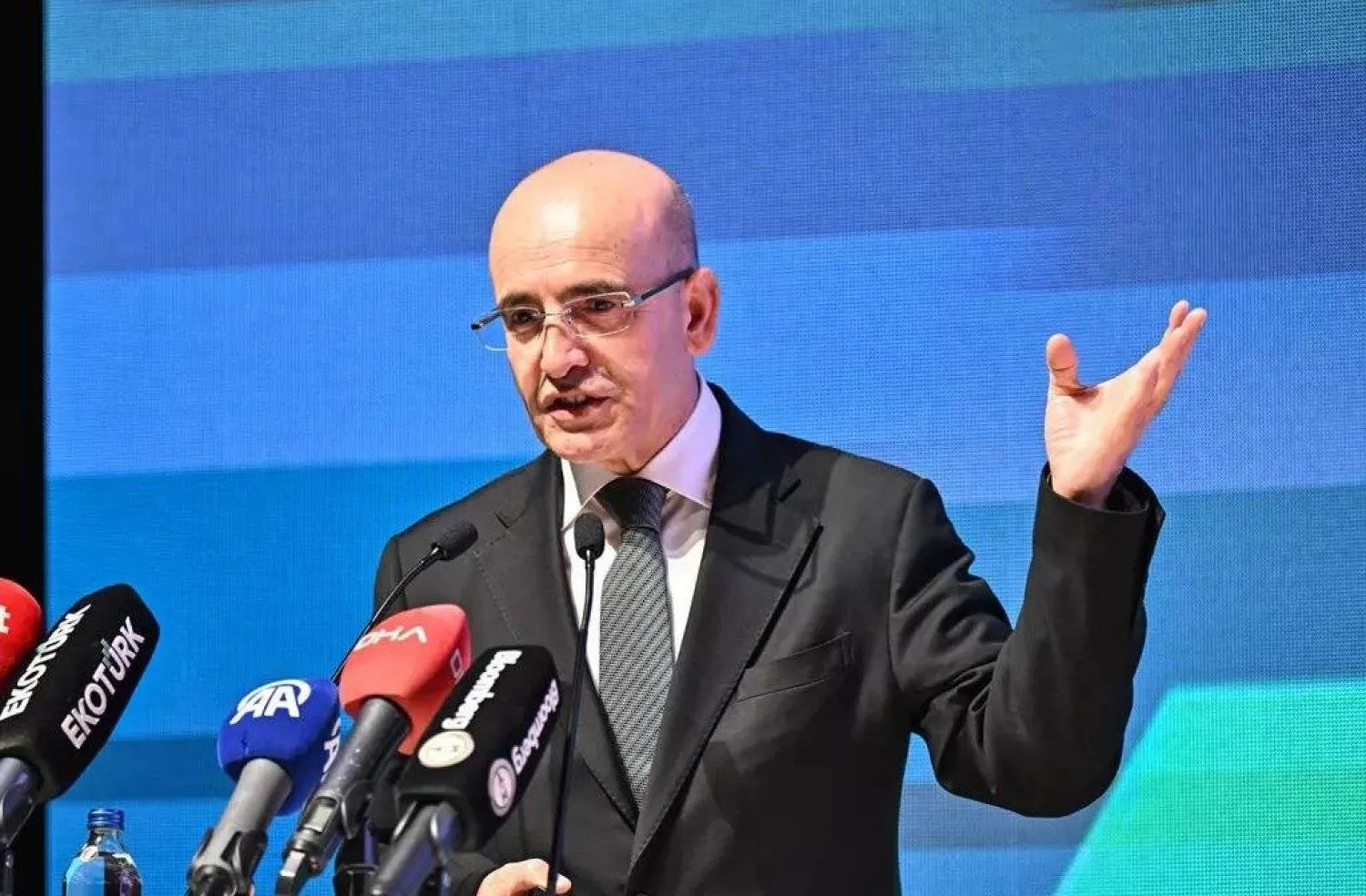US trading partners in Asia started weighing fresh uncertainties on Saturday after President Donald Trump vowed to impose a new tariff on imports, hours after the Supreme Court struck down many of the sweeping levies he used to launch a global trade war.
The court's ruling invalidated a number of tariffs that the Trump administration had imposed on Asian export powerhouses from China and South Korea to Japan and Taiwan, the world's largest chip maker and a key player in tech supply chains.
Within hours, Trump said he would impose a new 10% duty on US imports from all countries starting on Tuesday for an initial 150 days under a different law, prompting analysts to warn that more measures could follow, threatening more confusion for businesses and investors.
In Japan, a government spokesman said Tokyo "will carefully examine the content of this ruling and the Trump administration's response to it, and respond appropriately."
China, which is preparing to host Trump in late March, has yet to formally comment or launch any counter moves with the country on an extended holiday. But a senior financial official in China-ruled Hong Kong described the US situation as a "fiasco".
Christopher Hui, Hong Kong's secretary for financial services and the treasury, Trump's new levy served to underscore Hong Kong's "unique trade advantages", Hui said.
"This shows the stability of Hong Kong's policies and our certainty ... it shows global investors the importance of predictability," Hui said at a media briefing on Saturday when asked how the new US tariff's would affect the city's economy.
Hong Kong operates as a separate customs territory from mainland China, a status that has shielded it from direct exposure to US tariffs targeting Chinese goods.
While Washington has imposed duties on mainland exports, Hong Kong-made products have generally faced lower tariff rates, allowing the city to maintain trade flows even as Sino-US tensions escalated.
Before the Supreme Court's ruling, Trump's tariff push had strained Washington's diplomatic relations across Asia, particularly for export-reliant economies integrated into US-bound supply chains.
Friday's ruling concerns only the tariffs launched by Trump on the basis of the International Emergency Economic Powers Act, or IEEPA, intended for national emergencies.
Trade policy monitor Global Trade Alert estimated that by itself, the ruling cuts the trade-weighted average US tariff almost in half from 15.4% to 8.3%.
For those countries on higher US tariff levels, the change is more dramatic. For China, Brazil and India, it will mean double-digit percentage point cuts, albeit to still-high levels.
In Taiwan, the government said it was monitoring the situation closely, noting that the US government had yet to determine how to fully implement its trade deals with many countries.
"While the initial impact on Taiwan appears limited, the government will closely monitor developments and maintain close communication with the US to understand specific implementation details and respond appropriately," a cabinet statement said.
Taiwan has signed two recent deals with the US - one was a Memorandum of Understanding last month that committed Taiwan to invest $250 billion and the second was signed this month to lowering reciprocal tariffs.
Analysts say the Supreme Court's ruling against Trump's more aggressive tariff measures may offer little relief for the global economy. They warned of looming confusion as trading nations brace for moves by Trump to find other means of using levies to circumvent the ruling.
Thailand's Trade Policy and Strategy Office head Nantapong Chiralerspong said the ruling might even benefit its exports as uncertainty drove a fresh round of "front loading", where shippers race to move goods to the US, fearing even higher tariffs.
In corporate disclosures tracked by Reuters, firms across the Asia-Pacific region reported financial hits, supply shifts and withdrawals as levies escalated through 2025 and early 2026.









